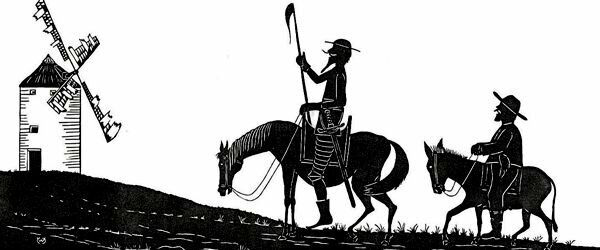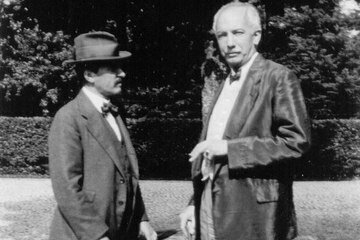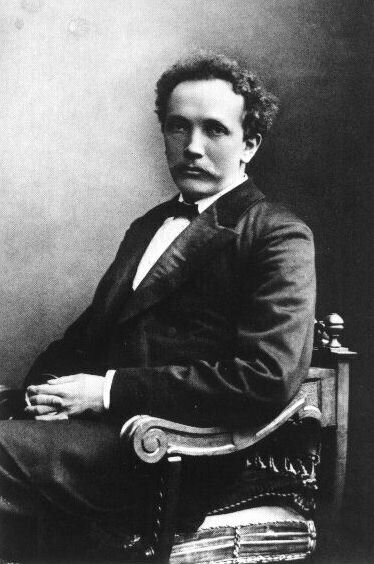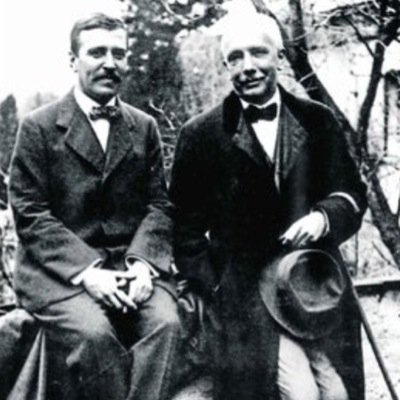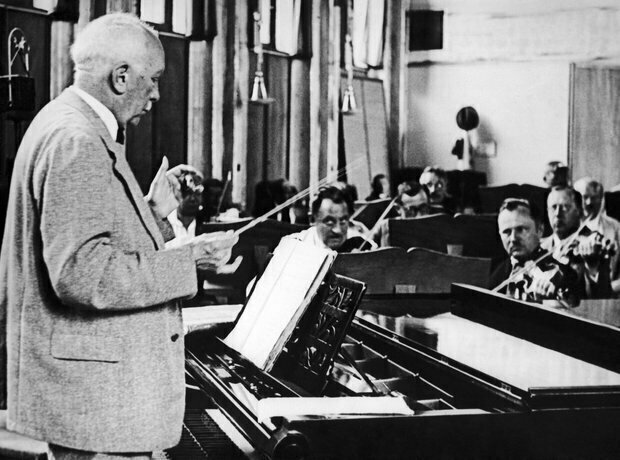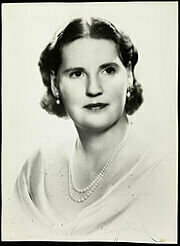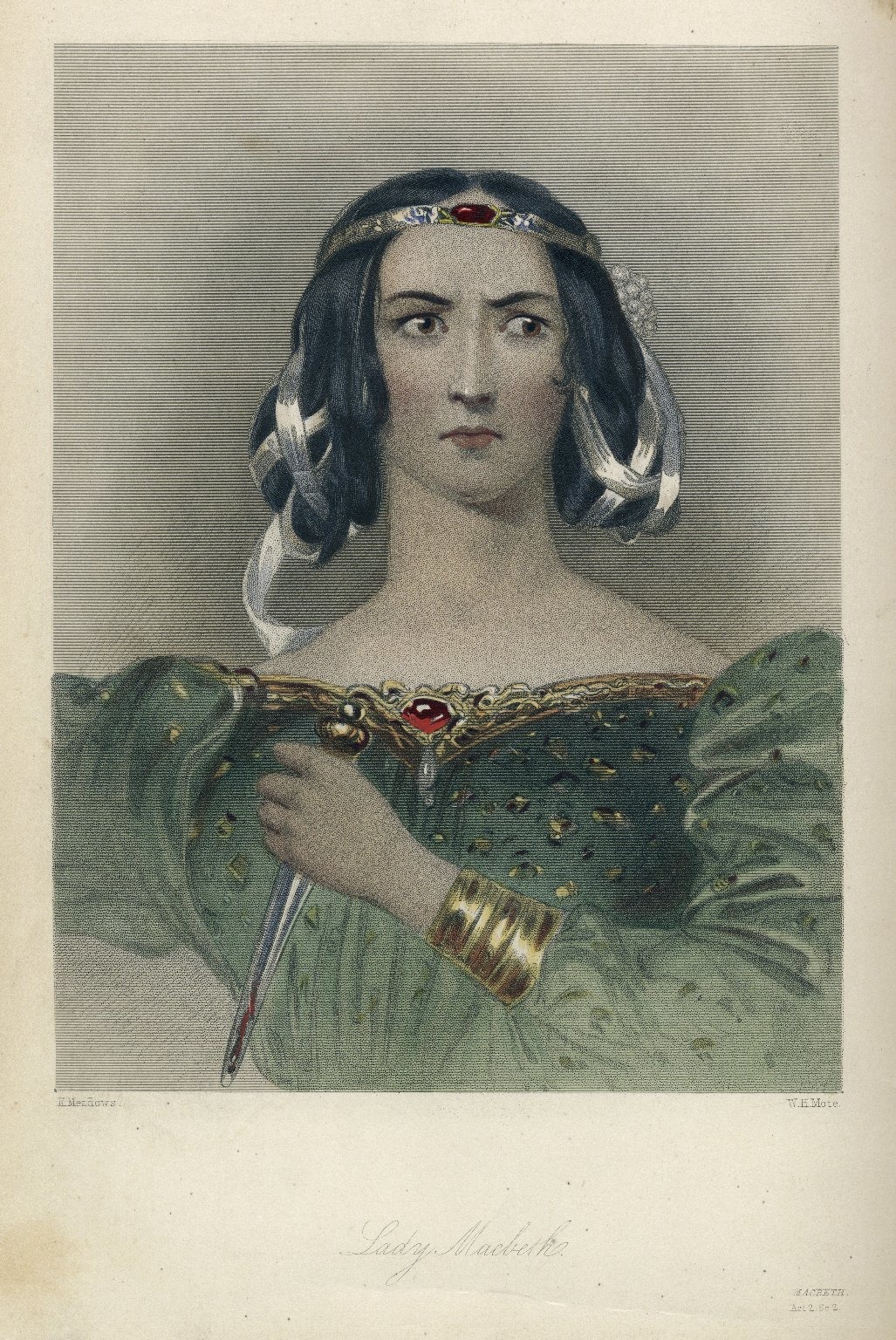Richard Strauss’ tone poem Don Quixote, subtitled “Fantastic Variations on a Theme of Knightly Character,” was premiered in Cologne on 8 March 1898. It musically dramatizes Miguel de Cervantes’ famous novel of 1605, describing the adventures of the anti-hero Don
R. Strauss
On 26 January 1911, Richard Strauss’ new creation Der Rosenkavalier exploded onto the world stage in the packed Semper Opera in Dresden. It caused nothing short of a sensation! One of the most anticipated musical and cultural events in the
Erotic, murderous and biblical themes combine in the opera Salome by Richard Strauss (1864-1949). And as you surely know, it all climaxes in Salome’s declaration of love and kiss for the severed head of John the Baptist. Based on a
Written immediately after the enormous success of Der Rosenkavalier, Ariadne auf Naxos was the third collaboration between Richard Strauss and Hugo von Hofmannsthal. The hilarious plot looks closely at the tension between high and popular culture, by presenting an opera
In his day, Franz Strauss was recognized as an important artistic personality. Foremost, he was a celebrated horn virtuoso, “breathing soul into the unthankful instrument.” Even Richard Wagner, against whom the musically conservative Strauss took literally every opportunity to make
Richard Strauss’ Die Schweigsame Frau (The Silent Woman) might be the only opera in the entire oeuvre with a central character who dislikes music. Sir Morosus, a retired British naval officer is allergic to noise of any kind. He disinherits
Richard Strauss had reached the ripe old age of 84 when he decided to compose his musical last will and testament. Setting poetry by Joseph von Eichendorff and Hermann Hesse, the Four Last Songs emerged individually. When Strauss died on
“Minors of the Majors” invites you to discover compositions by the great classical composers that for one reason or another have not reached the musical mainstream. Please enjoy, and keep listening!

